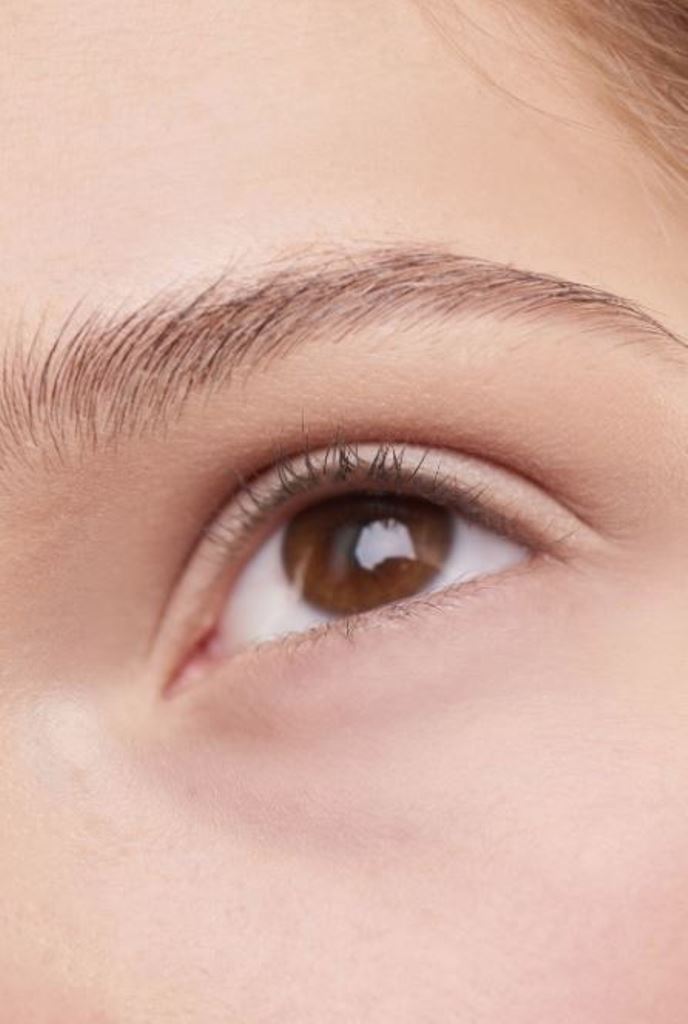People with diabetes have a higher risk of falling prey to depression. Also stress is said to be major trigger for diabetes. So, it’s not just a physical health that needs your attention, mental health is as important.
Stress is a normal something happening in your life, either good or bad. Feeling overwhelmed is a type of stress and not unusual for people with diabetes (PWDs). Depression is not simply stress. Depression is a defined disease. People who have diabetes are at risk for and more likely to have depression. In fact, some research questions Whether depression or diabetes comes first. There are different types of depression, but in most cases it impairs your ability to eat, sleep, function at work, and enjoy other people and/or activities that were once pleasurable to you. It also causes you to think about yourself and the World around you in negative Ways. The good news is that you can manage diabetes and depression. You or your loved ones don‘t need to be depressed forever. Let’s check some common symptoms.
Symptoms of Depression
Are you feeling down about having diabetes? How do you know if you’re really depressed? And if so, what do you do? Identifying depression is your first step. Getting help is the second. If you’ve been feeling sad. blue, or down in the clumps, check for these symptoms:
- Loss of pleasure – You no longer take interest in doing things you used to enjoy.
- Change in sleep patterns – You have trouble falling asleep. you wake often during the night, or you want to sleep more than usual, including during the day.
- Early to rise – You wake up earlier than usual and cannot get back to sleep.
- Trouble concentrating – You can’t watch a TV program or read an article because other thoughts or feelings get in the way.
- Change in appetite – You eat more or less than you used to, resulting in quick weight gain or weight loss.
- Guilt – You feel you never do anything right and worry that you are a burden to others.
- Suicidal thoughts – You feel you want to die or think about ways to hurt yourself.
- Morning sadness – You feel worse in the morning than you do the rest of the day.
- Loss of energy – You feel tired all the time.
- Nervousness – You always feel so anxious you can’t sit still.
Note – If you have three or more of these symptoms. or if you have just one or two but have been feeling bad for two weeks or more, it’s time for you to get help. Talk to your doctor or health care provider about treatment options.
How does depression affects your diabetes?
Depression sucks the motivation out of you. Your get-up- and—go gets up and leaves. You see everything and everyone as blah. You feel useless, bad about yourself, so you withdraw and isolate, You may then have sleep problems, or sleep too much, which either Way is not good for your diabetes. There is a tendency to take poorer care of yourself, so your blood glucose goes up, which can make your depression even Worse. You become exhausted and even more irritable.
Why is depression more common in diabetics?
People with diabetes are 50 per cent more likely to be depressed than people who don’t have diabetes. And being depressed When you have diabetes increases your risk for bad health outcomes because you don’t manage your diabetes as actively as a person who isn’t depressed. During the past decade, a number of studies suggest that diabetes can be caused by sadness or long sorrow, especially for people with high levels of depression symptoms. We now know that depression and stress trigger a number of biochemical changes in your body, releasing hormones that increase blood glucose levels.
What are the options for treating depression?
There are antidepressant. medications, but there’s no one drug that Works for everyone. They take four to six Weeks to really Work — that is, if they do. Then the first try is effective in 55 per cent of the people half the time. So if you find you need another antidepressant, its not your fault, Certain forms of counseling also Work, especially cognitive behavioral therapy (CBT), Where a patient. works through behaviors he or she would like to change with a therapist’s help by asking questions and getting to the emotional root. of the behavior. There is not a one-size-fits-all approach to treating depression. We recommends finding a depression treatment program that offers several options including CBT, medications, and support. Talk with your healthcare provider about finding depression treatment in your area. When someone is depressed, he or she went to a support group as Well as one-on-one Counseling with a trained therapist. At the support group, they found out that they was not alone. Counseling helped them deal with things so that they could reach out for more help and understand how to take care of their diabetes. From this, they gained the strength to even change doctors until they found one. This advice is for anyone who has diabetes and is depressed: “Go to a support. group. You’ll find out you are not alone. Once you realize this, learn all you can about how to take care of yourself. ”
Feel calmer with meditation
If you Worry about how diabetes may affect your future, meditation can help dispel that anxiety. Researchers have found many mental, emotional, and even physical health benefits associated with the practice. Meditation can help you:
- Improve your mood
- Sleep better
- Alleviate physical and emotional symptoms related to chronic diseases like diabetes, heart disease, and cancer
- Reduce heart rate and breathing rate
- Tolerate uncertainty and day-to-day nuisances
- Deal with fear
- Live in the present moment
- Increase brain mass
- Think clearer by enhancing sensory, auditory, visual, and internal perception.
Meditation is a generalized distressing technique that releases you from your thinking machine, from that restless voice inside your head that never lets up except when you’re asleep or unconscious.
How To Meditate
Plan to set aside about 20 minutes a day and find a quiet spot to practice. Eventually you may be able to meditate in a busy environment or in less time. An experienced mediator with diabetes, is comfortable enough with meditation to multi task.
We cannot help you learn Meditation in this post but check out our other posts on Meditation.
But for now here are the 7 Best tips which will help you to mastering in Meditation.
- Meditate when you’ re most alert – Early morning or late night may be your only free time, but if you’re groggy from just waking up or too tired at the end of the day, you may find it difficult to concentrate.
- Incorporate meditation into your schedule – Many people try to wedge meditating into odd moments in the day. Setting a regular meditation schedule once you discover your ideal time of day will help ensure that you practice regularly.
- Get comfortable – If you have the luxury of lying down, face up is best. Some teachers prefer that their students sit up so they don’t go to sleep, but it may be hard for you to totally relax when seated.
- Pick a focal point that works for you – Many people visualize something calming or focus on a picture, a sound, or a phrase. You can even focus on breathing in and out. If one focus doesn’t seem to hold your attention, try another method next time.
- Remember to breathe – If you’re gazing at a picture, listening to music, or repeating sounds, slow your breath and relax your chest.
- Let go of invading thoughts – At first. stray ideas may try to capture your attention. (Did I forget to . . .? When was that dead- line?) Leave those thoughts without further consideration. You can deal with them later. Instead, return to your focus. Eventually, the stray thoughts will come less often and your serenity will increase.
- Try guided visualization – Once you find focus and feel comfortable with regular meditation, expand into guided visualization. Tapes can take your mind on a journey away from present-day cares.
One of the first benefits of meditation many people observe is the ability to let go of the distractions of the outside World. Work and family stress don’t seem as overwhelming. With a little meditation practice, you can tap into a more relaxed state to find a healthier, happier you. Life is not as hard as it seems to be for a diabetic. Remember, nothing goes negative unless you go negative about it. With the right attitude and proper care, you can live healthier and longer than those around you. So cheer up!



